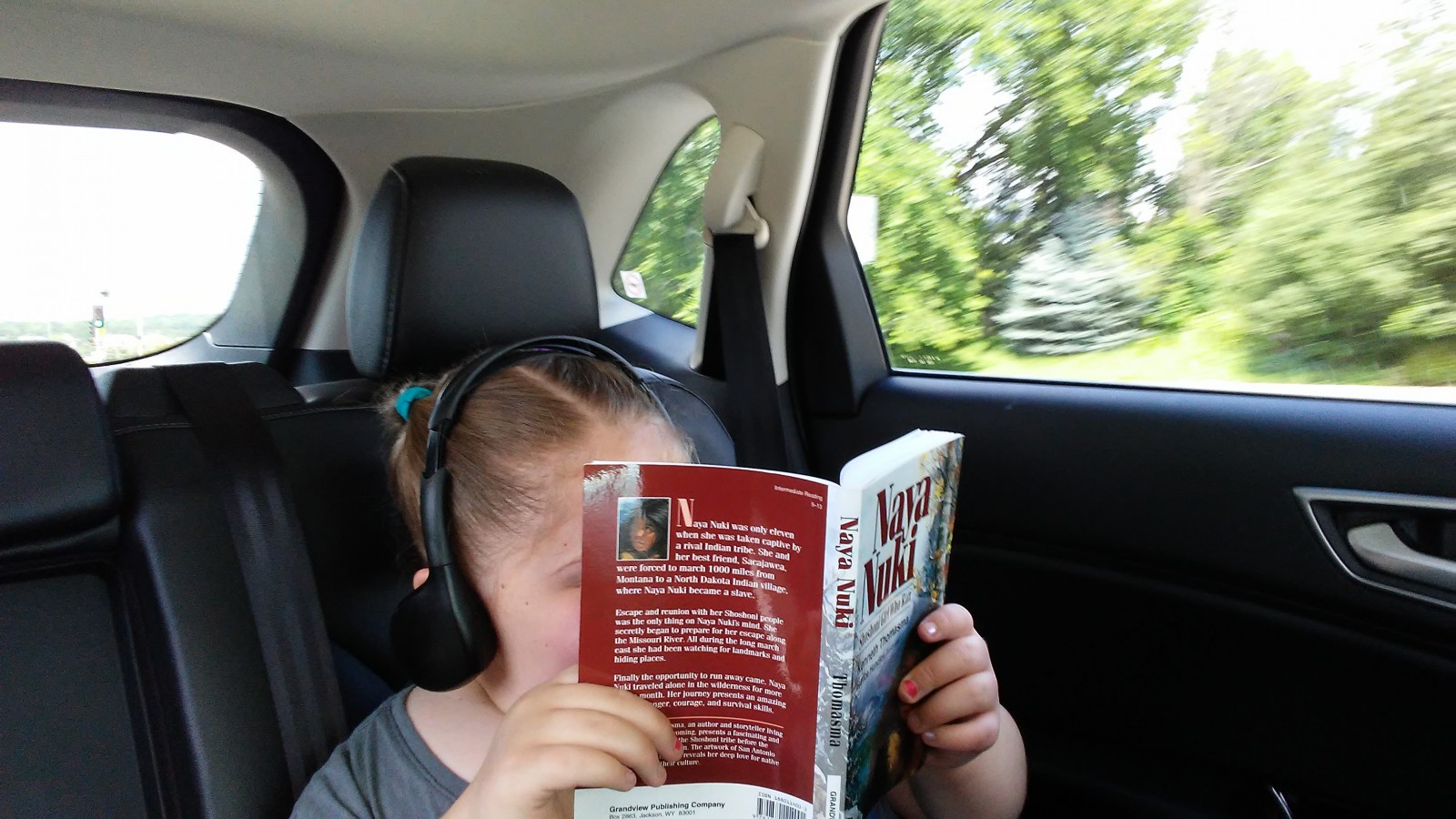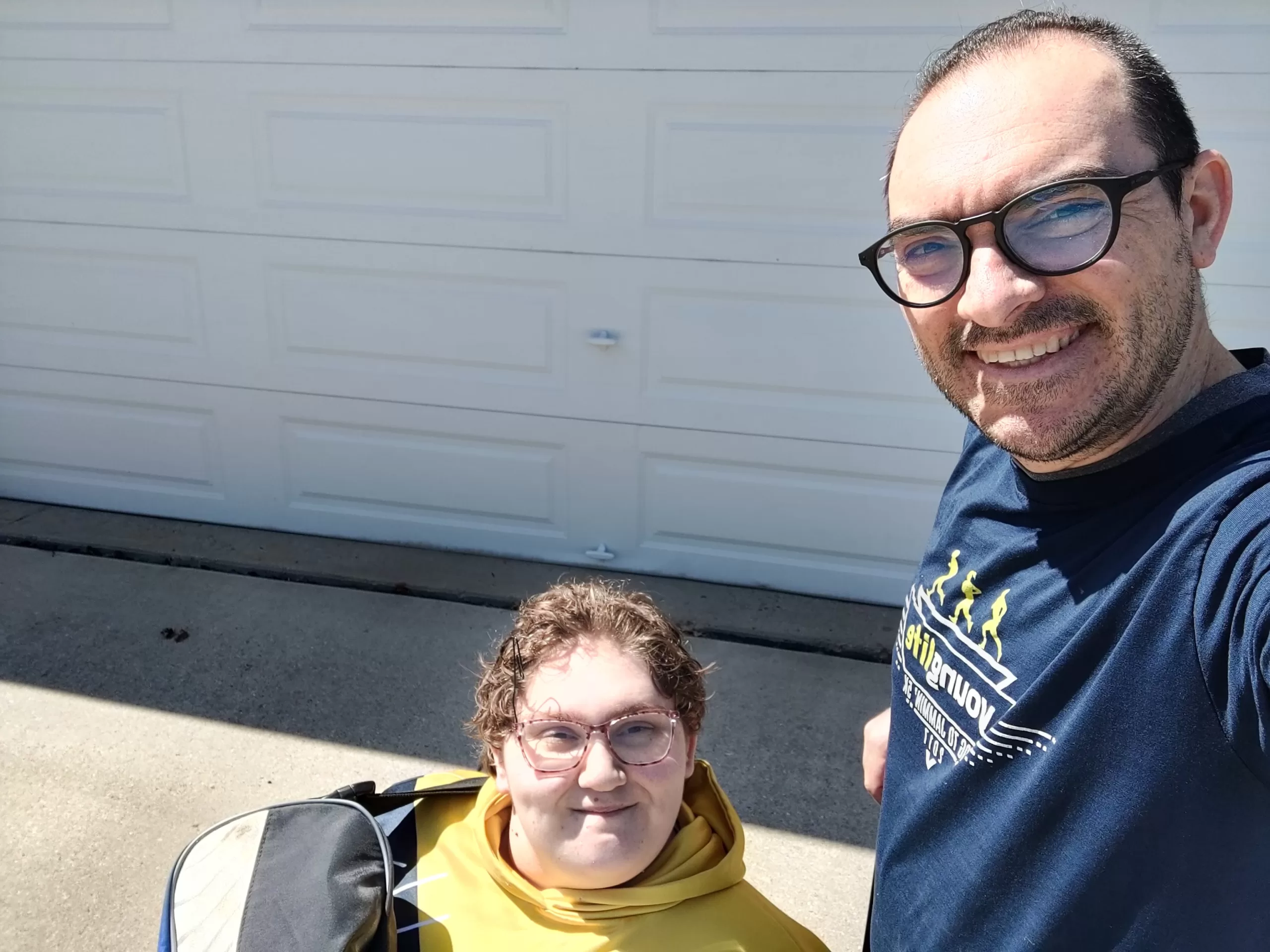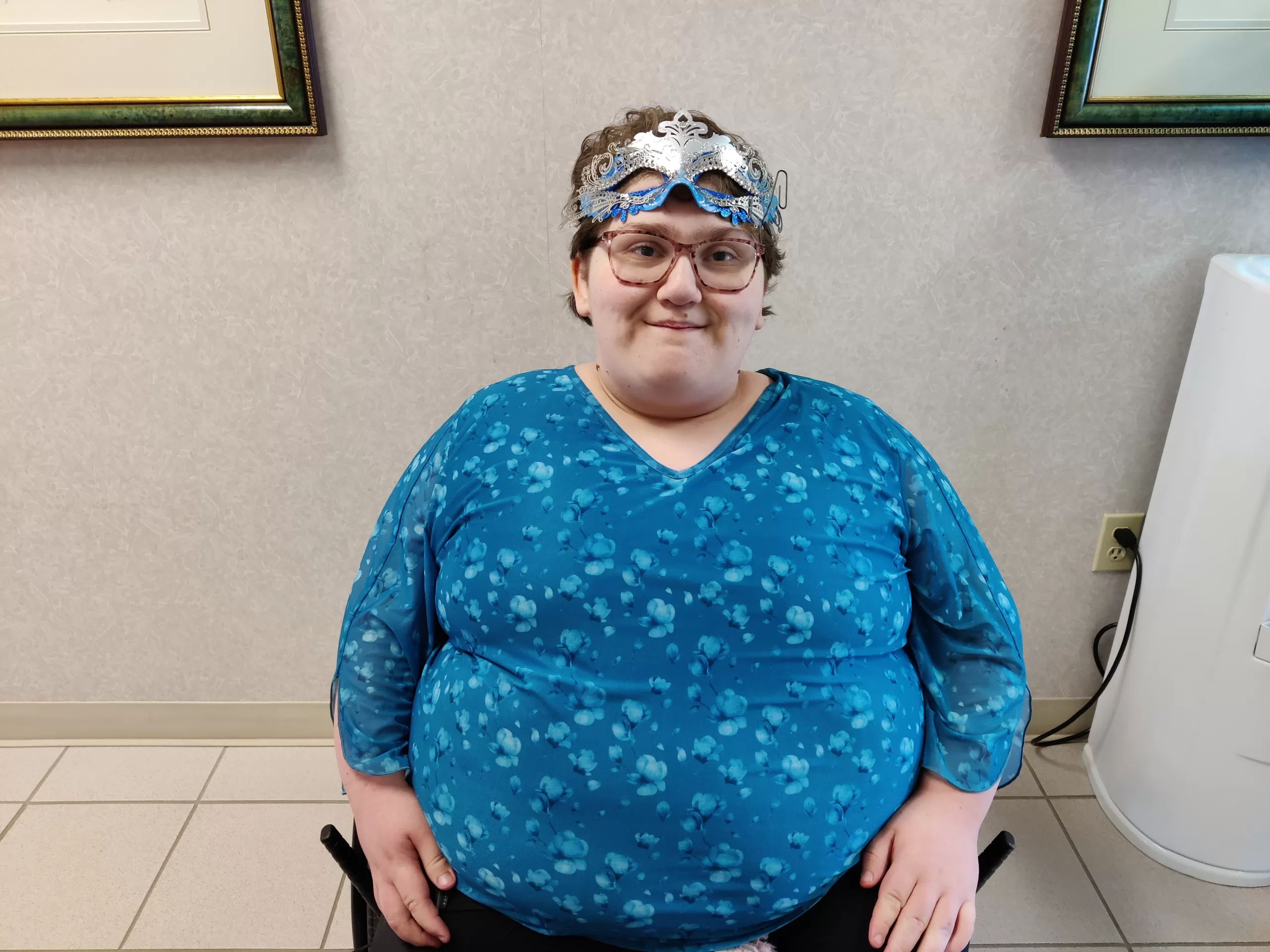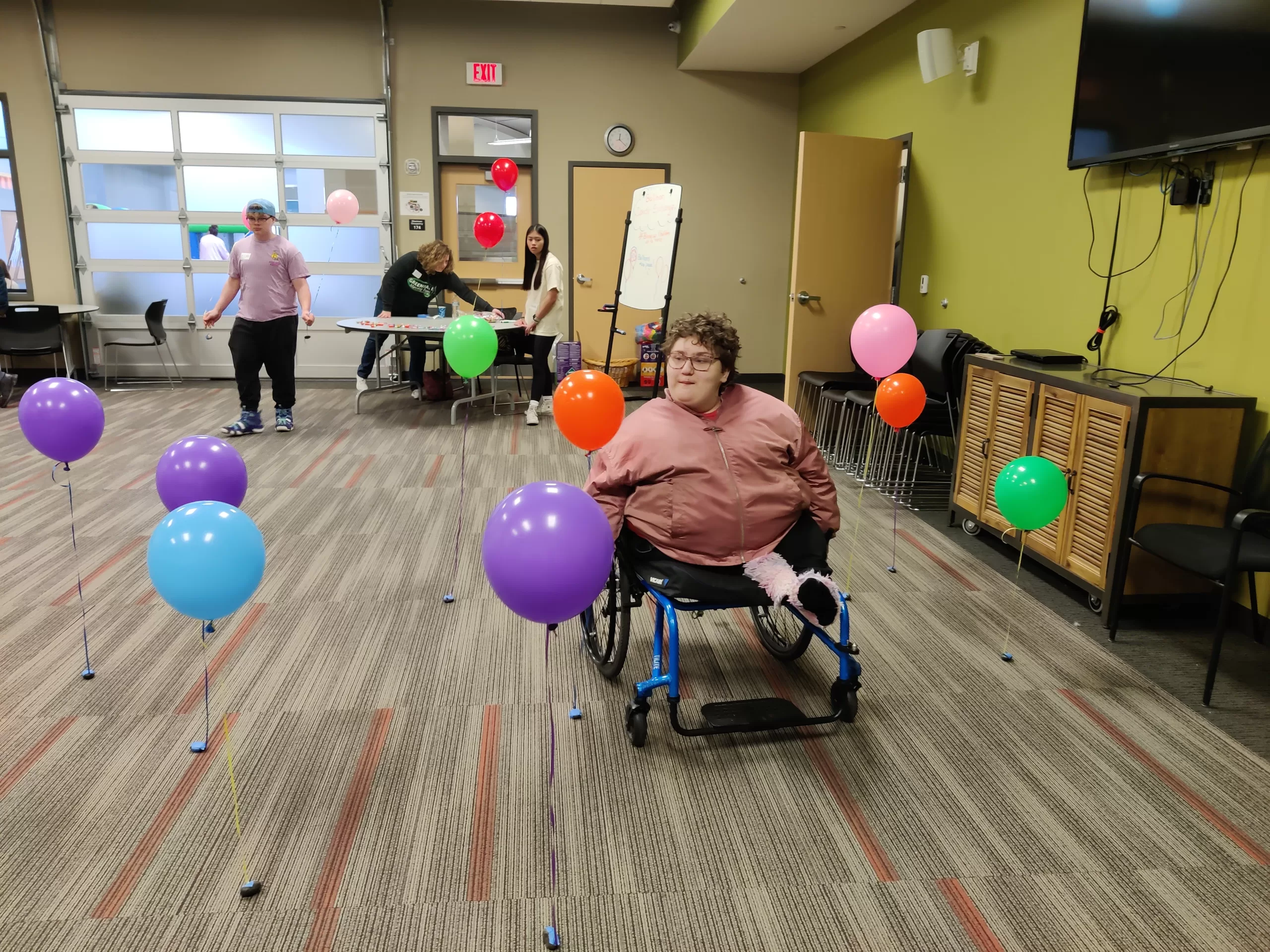Our car came with a TV in the back seat, along with wireless headphones.
We visited Jessica’s brother for lunch. He lives about an hour away, so we had Namine bring one of her school books to read on the way. After Namine got herself buckled in, I glanced back at her to see her putting her headphones on.
“No way,” I said. “You are not to watch TV; you need to finish reading your school book.”
“I wasn’t going to watch TV,” Namine explained. “I was putting my headphones on so I could have some quiet. That’s all.”
Well, I felt pretty bad about scolding her. I didn’t ask what she was doing (which I should have done); I assumed, and scolded her for my assumptions.
“I’m sorry for scolding you,” I said. “I assumed you were going to turn on the TV. I shouldn’t have done that, and I apologize.”
“That’s okay, Daddy,” Namine said. “I forgive you.”
I believe strongly in parents being honest with their children. When we make a mistake that affects them — and they’re old enough to understand — I think they deserve to know.
Namine knows that we are not perfect; she knows that we make mistakes, like everyone does. But she also knows that we do not hide those mistakes from each other or from her, when appropriate.
By our example, Namine knows that she can talk to us about anything. As a result, Namine does not hide the wrong things she’s done from us. She knows that honesty with us is more important than the trouble she would be in.




Leave a Reply